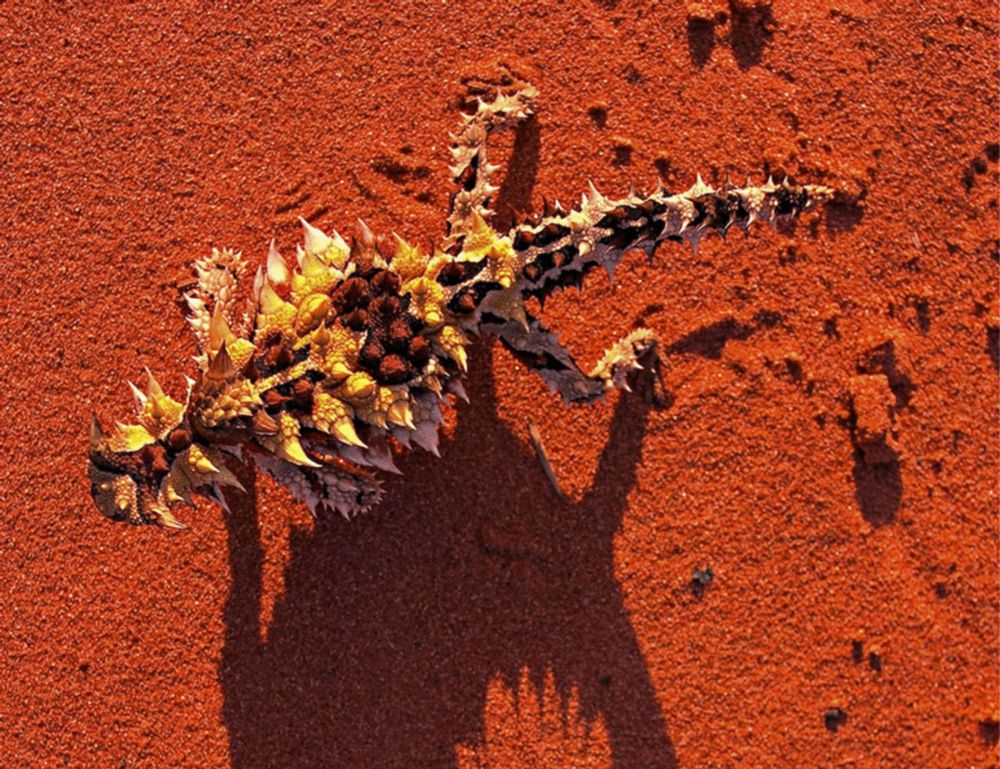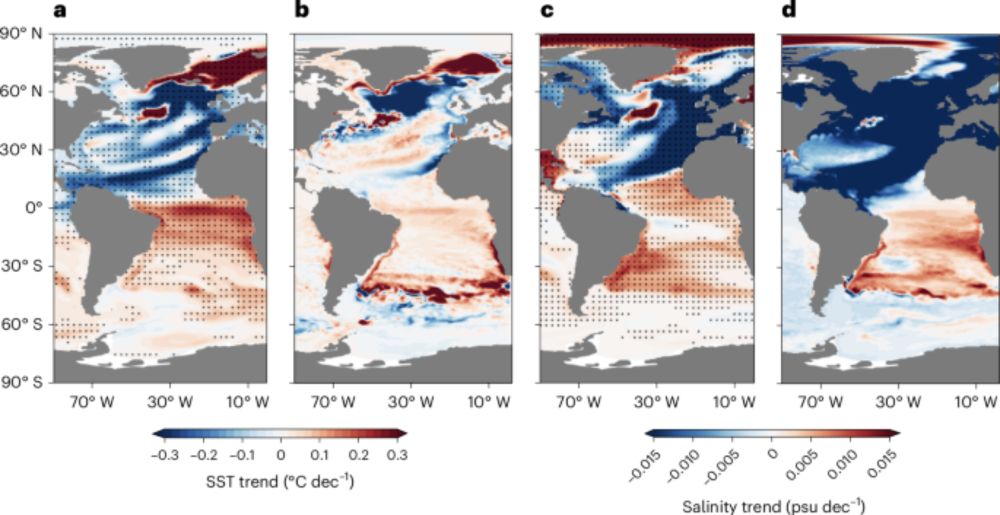
Professor of Conservation Ecology at University College London. All views are my own.
Reposted by Richard D. Gregory, Tim Newbold, Silvia Ceaușu

Reposted by John A. Finn, David Leclère, Tim Newbold



We’re offering a 3.5-year funded PhD to study early warning signals for past climate tipping points.
🚨 Deadline: 10 March 2025
🔗 Apply today: tinyurl.com/ucl-fee
#UCLGeography #PhDopportunity #ClimateChange #TippingPoints

Reposted by Tim Newbold

We’re offering a 3.5-year funded PhD to study early warning signals for past climate tipping points.
🚨 Deadline: 10 March 2025
🔗 Apply today: tinyurl.com/ucl-fee
#UCLGeography #PhDopportunity #ClimateChange #TippingPoints
www.science.org/doi/10.1126/...


Reposted by Tim Newbold

www.science.org/doi/10.1126/...




APPLY: ucl.ac.uk/prospective-...
Reposted by Tim Newbold

Reposted by Lars Pettersson, Tim Newbold, Inês S. Martins
Reposted by Inês S. Martins

Reposted by Tim G. Benton, Tim Newbold

www.nature.com/articles/s41...

